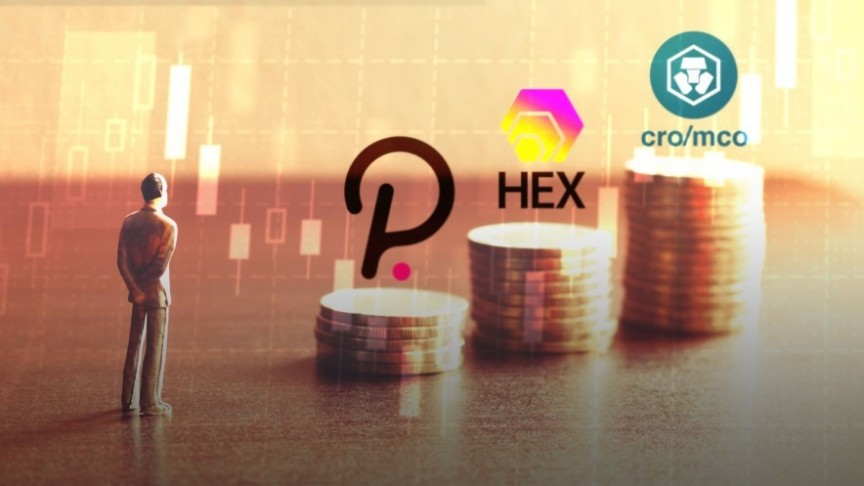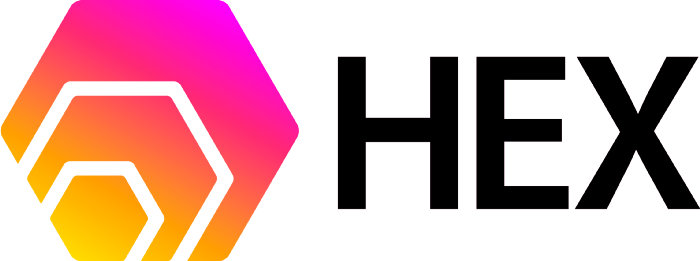
Hard-to-Rank Tokens: Three Cryptocurrencies That Have Controversial Value Assessments
Sep 11, 2020, 8:05PM by Mike Dalton
by Mike Dalton
Cryptocurrencies can be subject to unusual decisions, posing challenges to the market aggregators that rank them.
Some cryptocurrencies have unusual qualities or undergo unexpected changes to their token supply. This can make those coins difficult to rank in a meaningful way. These three coins have caused challenges for market aggregators.
Polkadot's Redenomination

On August 21, Polkadot's DOT token was redenominated by a factor of 100. This changed the number of DOT tokens in circulation from 10 million to 1 billion.
The redenomination did not change the value of the DOT token, nor did it make coin holders any richer. The change simply made amounts more readable by moving a decimal place. As Polkadot explains: "It will appear that you hold 100x more DOT."
But at roughly the same time, exchanges began to open DOT trading to public investors. Some of these exchanges followed Polkadot's guidelines accurately, others did not follow its advice quite so closely. This naturally caused the coin's value to change, and not entirely in ways that were seen as legitimate.
As such, it took time for market aggregators to adjust to the new denomination. Prior to the redenomination, many aggregators did not rank the DOT token at all: CoinGecko did not begin to calculate DOT's market cap until Aug. 23, while CoinMarketCap did not begin to calculate its market cap until Sept. 3.
As a result, Polkadot's $4 billion market cap was not clear to the general public for ten days—at least, not in any coherent or unified way.
HEX's Hidden Ranking

HEX is a controversial new cryptocurrency with a $700 million market cap that has been downplayed by major crypto market aggregators.
If HEX were simply ranked by its market cap, it would be the 30th largest coin on the market. However, CoinGecko and Brave New Coin do not rank HEX. CoinMarketCap, likewise, says that HEX is "is not eligible for normal rankings."
Those sites have reasonable grounds to downplay HEX's value: critics of HEX argue that the coin's value is highly dependent on early investments, and many have denounced the coin as a Ponzi scheme. Even though the coin promises a "Big Pay Day" in November, it's not clear that HEX can actually maintain its value after that point.
But regardless of HEX's questionable reputation, market aggregators have not been entirely transparent about their reasons for understating the coin's market cap. Without any statement to the contrary, it seems that HEX is being judged according to its poor reputation rather than any actual market metrics.
That does not make HEX a safe investment, but it does raise the question of whether market aggregators are fair, or whether they are bowing to popular opinion.
Crypto.com's Token Merger

Crypto.com is planning to merge its two separate cryptocurrencies (its original MCO token and its newer CRO token) into a single cryptocurrency.
This means that market aggregators will probably adjust their rankings as two things occur. First, they will watch for the MCO-CRO merger to conclude. Until CRO settles on a new price, it seems plausible that aggregators like CoinMarketCap will reduce CRO's visibility so as not to mislead investors about prices.
Second, market aggregators may not delist Crypto.com's MCO token immediately. Investors can still trade MCO on third-party exchanges after the official swap. It remains to be seen whether market aggregators will consider MCO "inactive" after the official swap, or once MCO loses all of its value.
The official merger will take place on November 2, 2020.
In Summary
It is not unusual for market aggregators to hide or adjust the visibility of a cryptocurrency token; many minor tokens do not have enough market data to base a ranking on.
The cases in this article are important because they describe notable coins. In the case of Polkadot, weeks of discrepancies between two different market aggregators made DOT's status unclear. In the case of HEX, investors have lobbied for changes to biased listings. It remains to be seen how aggregators will handle Crypto.com's merger, but a slow response to that event could cause controversy.
Ultimately, market aggregators must balance two factors: the need to provide carefully considered data, and the need to stay in line with the general consensus and changing conditions. Given that sites like CoinGecko and CoinMarketCap influence investors, finding a proper middle ground is extremely important.
Disclaimer: information contained herein is provided without considering your personal circumstances, therefore should not be construed as financial advice, investment recommendation or an offer of, or solicitation for, any transactions in cryptocurrencies.

















